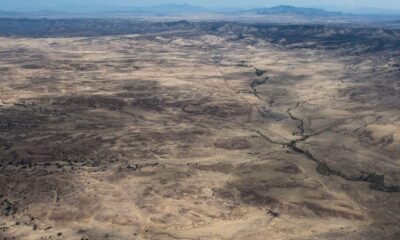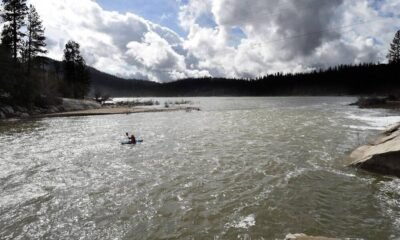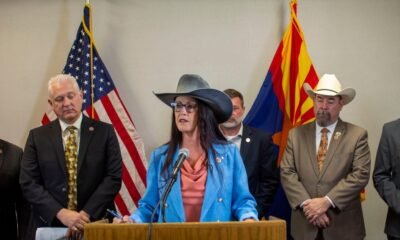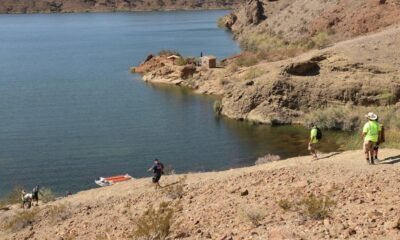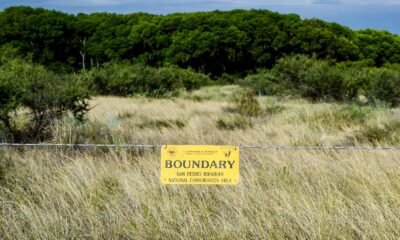arizona
Opponents Slam GOP’s Public Lands Sell-Off as Betrayal of Tribal Sovereignty and Treaty Rights
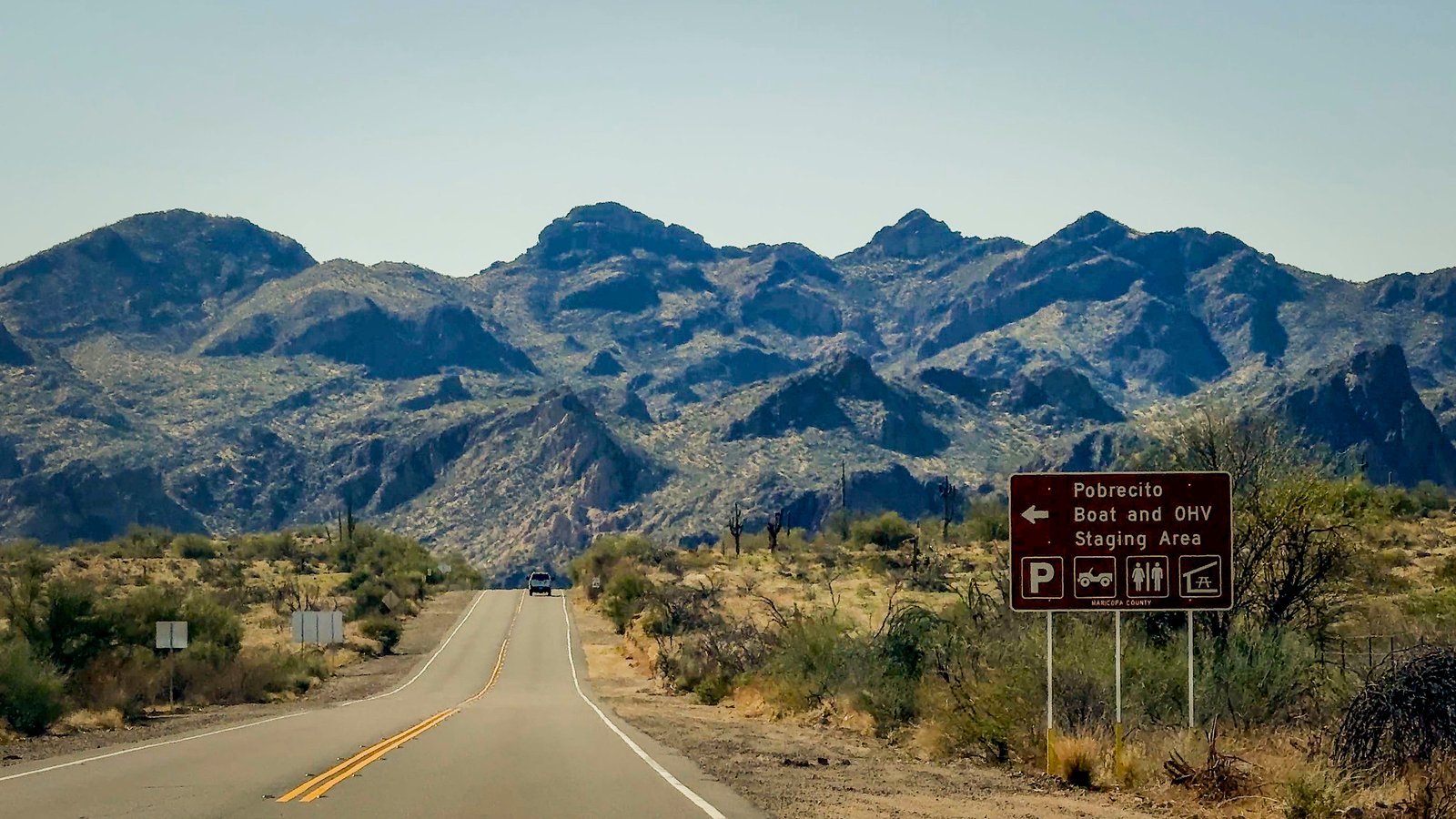
Following sustained criticism from conservation organizations, political figures, and the public, a controversial legislative proposal to sell public lands in Arizona and other Western states is undergoing significant revisions.
On June 11, Republican U.S. Sen. Mike Lee introduced draft legislation within the budget reconciliation bill, known as the “One Big Beautiful Bill Act.” This proposal aimed to sell millions of acres of Forest Service and Bureau of Land Management (BLM) lands across 11 Western states, citing a housing crisis as justification.
The initial draft mandated the disposal of 0.5% to 0.75% of BLM and National Forest System land, totaling approximately 3.2 million acres, according to the Grand Canyon Trust. Additional provisions threaten over 250 million acres of public lands, which include vital local recreational areas and endangered species habitats, as reported by the Wilderness Society.
The Center for Biological Diversity expressed concern, stating, “The bill authorizes the permanent privatization of millions of acres of publicly owned Bureau of Land Management and Forest Service land without environmental review, meaningful Tribal consultation, or public input.”
After nearly two weeks of backlash, the proposal was stripped from the Senate budget reconciliation package. Senate Democrats, including Budget Committee ranking member Jeff Merkley, asserted they will not allow attempts to bypass reconciliation rules to sell off public lands.
In response to the criticism, Lee announced plans to revise the bill via social media, stating they would exclude all Forest Service land and significantly reduce the amount of BLM land involved. He committed to focusing on land close to population centers.
The Center for Western Priorities hailed the Senate Parliamentarian’s decision to dismiss the legislative language, labeling Lee’s proposal as a misguided attempt to privatize public lands. “This is a significant win for public lands,” stated Executive Director Jennifer Rokala.
Public opposition was swift and widespread, with voices like Sandy Bahr from the Sierra Club calling it the “most outrageous thing to come out of Congress relative to public lands.” Bahr warned that the potential sale would result in irretrievable losses, emphasizing, “Once they’re sold, they’re going to belong to one individual or company.” In Arizona alone, BLM and Forest Service lands comprise over 14.4 million acres, according to the Wilderness Society.
Governor Katie Hobbs joined the chorus of opposition, deeming the proposal to auction off public land “reckless and wrong.” She stressed that these lands should remain accessible to the public, not turned into corporate assets.
Despite the retraction of the initial proposal, concerns linger regarding impacts on tribal nations. Judith LeBlanc from the Native Organizer Alliance Action Fund pointed out that the legislation lacked provisions addressing tribal sovereignty and the cultural ties tribes hold to the land.
The original bill failed to clarify how tribal nations, which have deep ancestral connections to the affected lands, would be involved in any decision-making processes regarding those lands. LeBlanc stated, “All public lands are Native homelands, and tribes have an inherent right to decide what happens with them.”
As revisions to the legislation unfold, the importance of consulting tribal nations remains a critical point. Gloria Tom from the National Wildlife Federation expressed concern over potential violations of treaty rights, highlighting the need for inclusive discussions on land management decisions.
Amidst ongoing changes, community members and stakeholders are urged to remain vigilant. The future of public lands, their management, and their accessibility hangs in the balance.


